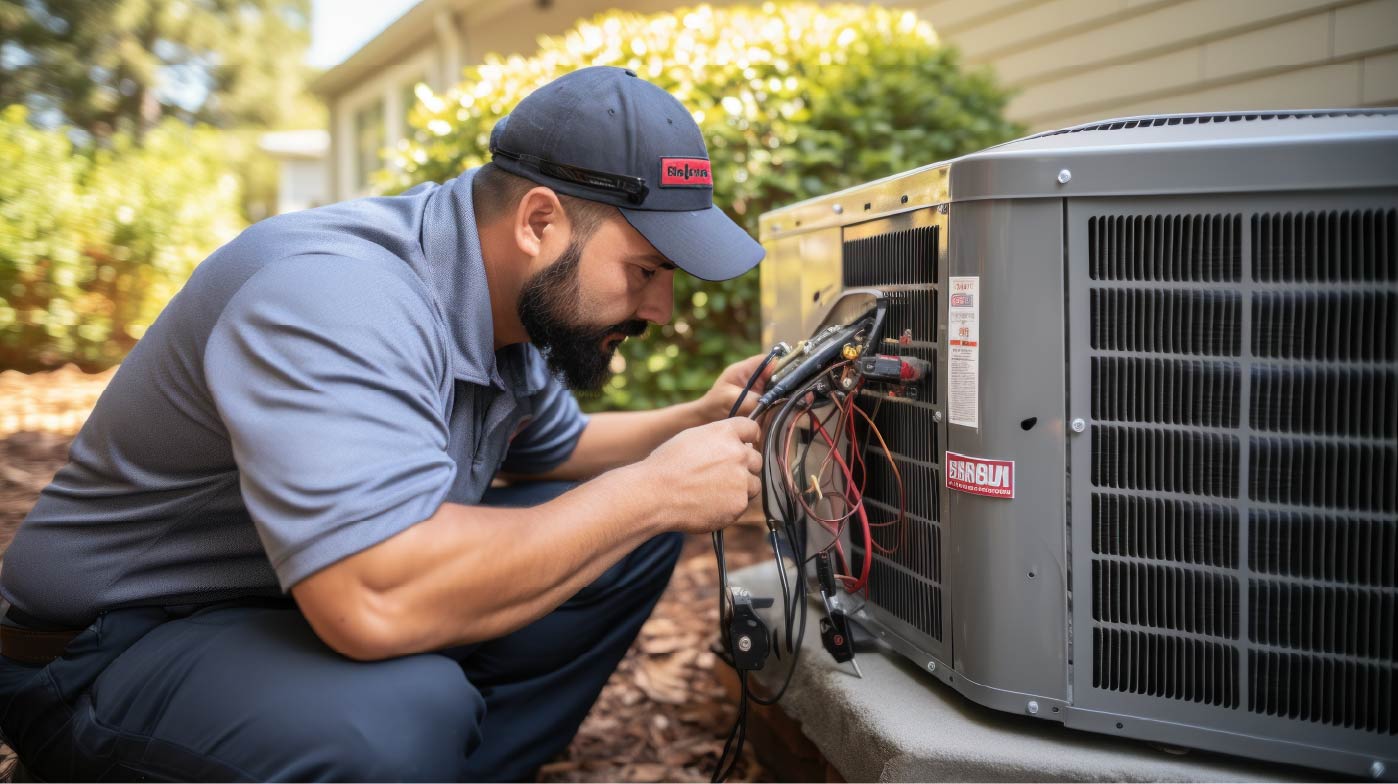
Replacing your furnace is a significant investment that can have a big impact on your home's comfort, energy efficiency, and overall value. If you're considering replacing your furnace, there are several key factors to take into account to ensure you make the best decision for your home and budget. In this guide, we'll walk you through the essential factors to consider when replacing your furnace.
1. Age and Condition of Your Current Furnace
One of the first things to consider when replacing your furnace is the age and condition of your current unit. A furnace typically lasts between 15 to 20 years, so if your furnace is approaching or past this age range, it may be time to start thinking about a replacement. Additionally, if your current furnace has been breaking down frequently or requiring costly repairs, it may be more cost-effective in the long run to invest in a new, more efficient unit.
Signs that it may be time to replace your furnace:
- Furnace is more than 15 years old
- Frequent breakdowns and repairs
- Inconsistent heating throughout your home
- Increased energy bills
2. Energy Efficiency
Energy efficiency is a crucial factor to consider when replacing your furnace. A more energy-efficient furnace can help you save money on your energy bills and reduce your carbon footprint. When shopping for a new furnace, look for units with high Annual Fuel Utilization Efficiency (AFUE) ratings. The higher the AFUE rating, the more energy-efficient the furnace is.
Key considerations for energy efficiency:
- Look for furnaces with AFUE ratings of 90% or higher
- Consider investing in a variable-speed blower motor for increased efficiency
- Explore ENERGY STAR certified models for maximum energy savings
3. Size and Heating Capacity
It's essential to choose a furnace that is the right size for your home to ensure optimal heating performance. A furnace that is too small will struggle to heat your home efficiently, while a furnace that is too large will cycle on and off frequently, leading to energy waste and uneven heating. To determine the correct size for your new furnace, consider factors such as the square footage of your home, insulation levels, and climate.
Factors to consider for sizing your furnace:
- Consult with a professional HVAC technician to perform a load calculation for your home
- Ensure proper ductwork design and sizing to maximize heating efficiency
- Consider zoning systems for enhanced control and comfort in different areas of your home
4. Fuel Source
When furnace renewal, you'll need to decide on the fuel source that best suits your needs and budget. The most common fuel sources for furnaes are natural gas, propane, and electricity. Each fuel type has its advantages and disadvantages, so it's essential to consider factors such as availability, cost, and efficiency when choosing a new furnace.
Considerations for choosing a fuel source:
- Natural gas: typically the most cost-effective and widely available option
- Propane: a good alternative for homes without access to natural gas lines
- Electricity: may be the best option for regions with high electricity rates or limited access to gas or propane
5. Budget and Financing Options
Replacing your furnace is a significant investment, so it's important to consider your budget and explore financing options to help manage the cost. While a higher efficiency furnace may have a higher upfront cost, the long-term energy savings can help offset the initial investment. Additionally, many manufacturers and HVAC providers offer financing options to make it easier to afford a new furnace.
Tips for managing your furnace replacement budget:
- Research available rebates and incentives for energy-efficient furnaces
- Compare quotes from multiple HVAC providers to find the best price
- Explore financing options, such as low-interest loans or payment plans
6. Professional Installation and Maintenance
Lastly, it's crucial to hire a qualified HVAC professional to install your new furnace correctly. Proper installation is key to ensuring optimal performance, energy efficiency, and longevity of your new unit. Additionally, regular maintenance by a professional technician will help keep your furnace running smoothly and prevent costly repairs down the road.
Benefits of professional installation and maintenance:
- Ensures proper sizing, placement, and airflow for optimal performance
- Maximizes energy efficiency and reduces the risk of breakdowns
- Extends the lifespan of your furnace and protects your investment
By considering these key factors when replacing your furnace, you can make an informed decision that will improve your home's comfort, energy efficiency, and value. If you're unsure about the best furnace replacement option for your home, don't hesitate to consult with a professional HVAC technician to receive expert advice tailored to your specific needs and budget.